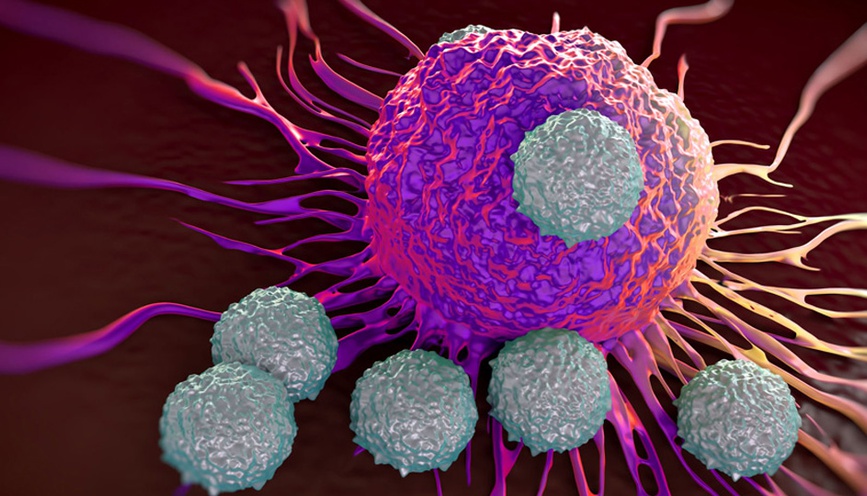The Immune System Reacts to Neurological Stress: Catching Killer T Cells Live in Action

Dr. Adam Case monitors how T cells isolated from a mouse model of post-traumatic stress disorder kill pathogens in real time
Reactive oxygen species (ROS) have long suffered a bad rap. An overdose of ROS is detrimental and causes a state of oxidative stress. But eliminating them isn’t the answer either as our bodies need ROS for basic survival. Moreover, ROS are essential to immune system function, and act to combat perceived threats to the body. However, a lot is unknown about the role of ROS signaling in immune responses, especially in a diseased state.
In this SelectScience® interview, we speak with Dr. Adam Case, assistant professor, University of Nebraska Medical Center, who closely studies the immune system and monitors behaviors of immune cells in real time using live-cell imaging.
For Case, it all begins by giving the ROS a much-deserved chance at damage-control.
“Contrary to popular belief, the pro-oxidants such as ROS are not all bad,” says Case. “In fact, our cells and our bodies actually rely on these for normal physiological functions. It makes sense because as we evolved as a species, we evolved in a very oxygen-rich environment, and with that comes the consequence of all these pro-oxygen species. We’ve basically just adapted a way of protecting ourselves, while at the same time, utilizing these for normal functions.”
How pro-oxidants misbehave in a diseased state takes a big focus in the Case lab, hinting at its role in regular health. To examine the immune system, Case makes a unique choice of studying cardiovascular and psychiatric diseases. “You wouldn’t often assume that these diseases involve the immune system, but, in fact, it is often overlooked. Current research has shown that the immune system plays a critical role in both psychiatric diseases and cardiovascular diseases.” The Case lab hypothesizes that when...
